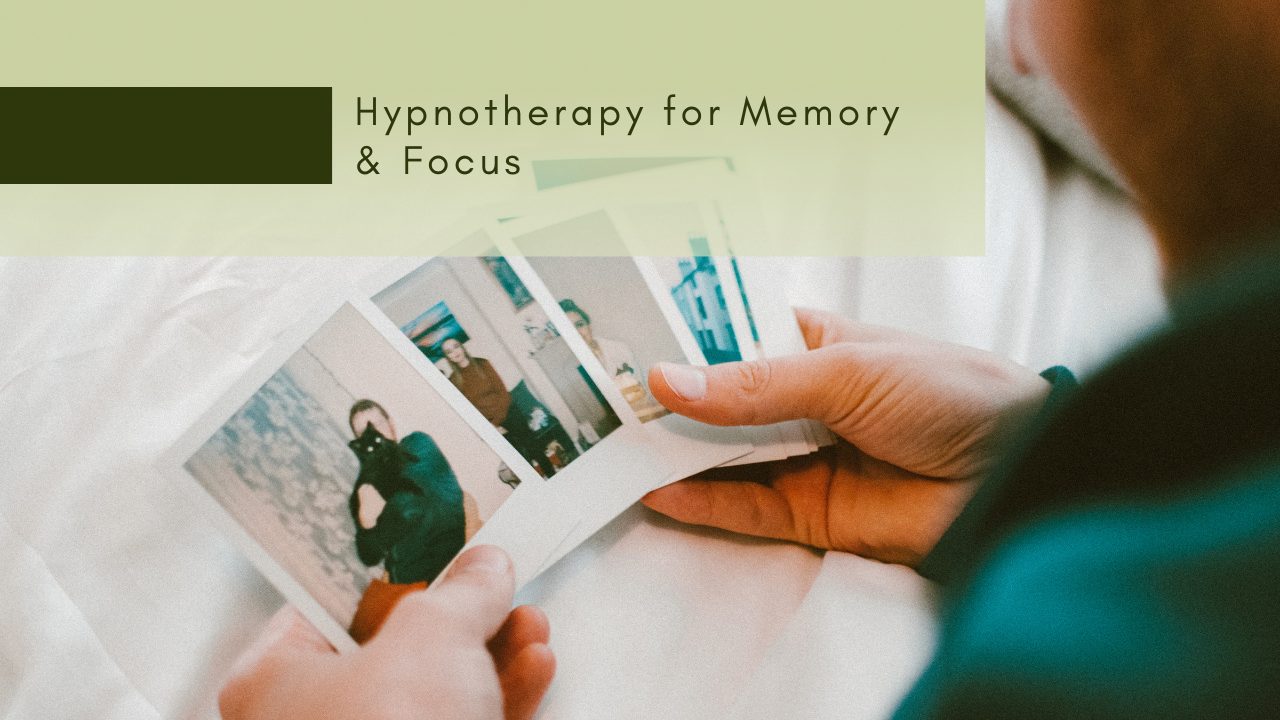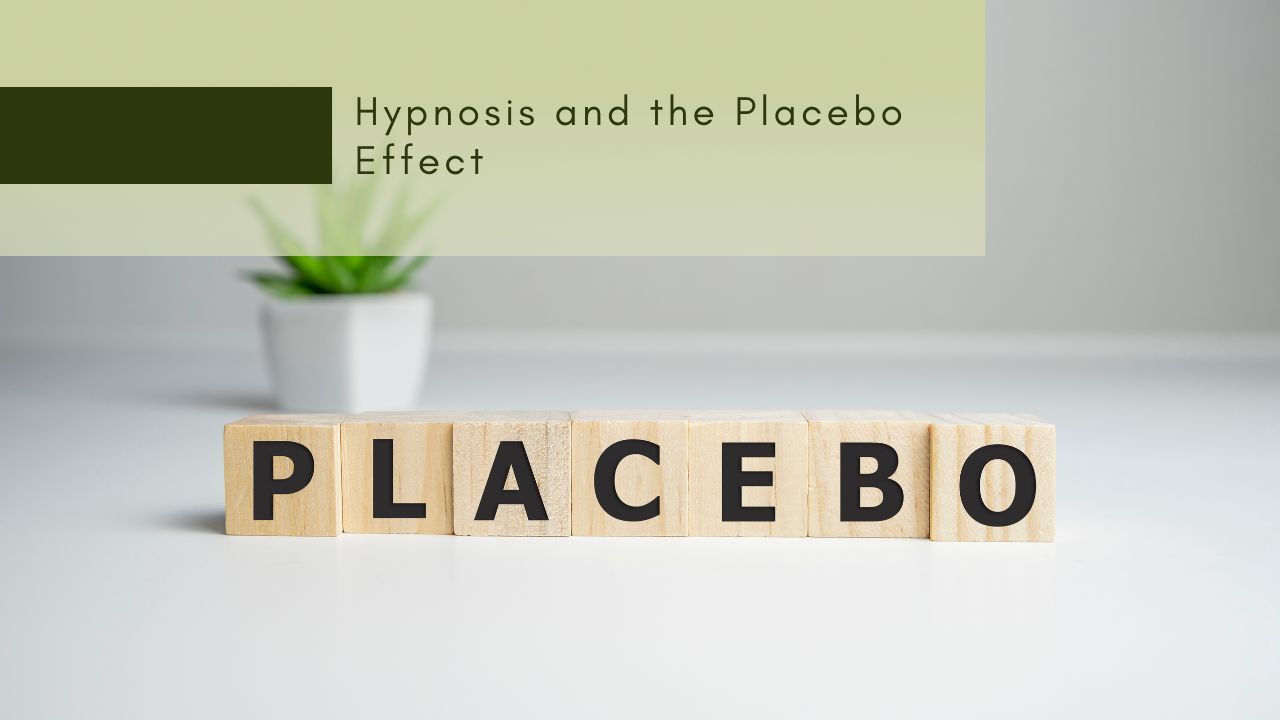Using Hypnotherapy for Memory and Focus is an emerging practice that helps individuals enhance their cognitive abilities and improve their day-to-day performance. By addressing subconscious barriers and reinforcing positive patterns, hypnotherapy may contribute significantly to our ability to absorb, retain, and retrieve information while also bolstering our attention span. This article provides a comprehensive look at how hypnotherapy could become your new ally in boosting your cognitive prowess.
The Impact of Memory and Focus on daily Life
Memory and focus is a fundamental cognitive function that influences nearly every aspect of our daily lives. It allows us to learn, make decisions, communicate, maintain routines, solve problems, plan for the future, and shape our personal identity and emotional well-being. Its impact on our lives is profound, and our ability to remember and recall information is essential for functioning in society and achieving our goals.
Addressing Memory and Focus Issues with Hypnotherapy
Hypnotherapy can be a useful complementary approach to address memory and focus issues. It typically involves a series of sessions which are tailored to the client’s situation. During these sessions, the hypnotherapist will use relaxation techniques and guided imagery to help you reach a state of focused attention and relaxation. They may then suggest positive affirmations, visualisations, or other techniques to enhance memory and focus along with strategies to mitigate the cause of problems associated with memory. Although hypnotherapy can help with memory and focus it cannot reverse the effects of certain medical conditions which cause memory and focus issues.
Your hypnotherapist may teach you self-hypnosis techniques that you can practice on your own between sessions. Self-hypnosis can be a valuable tool for reinforcing the suggestions made during formal hypnotherapy sessions.
The science behind Hypnotherapy and Cognitive Function
Hypnotherapy, which includes clinical hypnosis, is a therapeutic technique that involves guiding a person into a relaxed and highly focused state of consciousness, often referred to as a trance. During this trance state, individuals are more open to suggestion and may experience changes in perception, memory, and thought patterns. While there is still ongoing research to fully understand the mechanisms of hypnotherapy and its effects on cognitive function, several scientific theories and findings shed light on this area and are referred to below:
- Hypnotherapy is believed to induce an altered state of consciousness that can be measured using EEG (electroencephalogram) and neuroimaging techniques like fMRI (functional magnetic resonance imaging). In this state, brain activity patterns may change, potentially influencing cognitive processes.
- One of the primary components of hypnotherapy is increasing suggestibility. In a hypnotic trance, individuals may be more receptive to suggestions and instructions provided by the hypnotherapist. This increased suggestibility can be utilised to address cognitive issues and enhance cognitive function.
- Hypnosis often involves deep relaxation and heightened concentration. This focused state may allow individuals to process information more efficiently and improve their ability to concentrate on specific cognitive tasks.
- In a hypnotic trance, individuals may experience a reduction in external distractions and intruding thoughts, which can enhance their cognitive focus and attention.
- Hypnotherapy can be used to access and retrieve memories, including repressed or forgotten memories. This can be helpful in addressing memory-related issues and improving recall.
- Hypnotherapy can help individuals manage emotions and reduce anxiety, stress, or negative thought patterns that may interfere with cognitive function. Improved emotional well-being can indirectly enhance cognitive performance.
- Some studies suggest that hypnotherapy may influence neuroplasticity, the brain’s ability to reorganize itself by forming new neural connections. By providing positive suggestions and imagery, hypnotherapy may help reshape thought patterns and cognitive processes.
- While not directly related to cognitive function, hypnotherapy has been used successfully for pain management. Reduced pain and discomfort can improve cognitive performance by reducing distractions and discomfort-related cognitive load.
It’s important to note that the effectiveness of hypnotherapy can vary widely among individuals. Factors such as suggestibility, motivation, and the specific techniques used by the hypnotherapist can all play a role in the outcomes.
Despite these insights, the exact scientific mechanisms underlying hypnotherapy and its effects on cognitive function are still a subject of ongoing research and debate.
Success Stories: Improved Memory and Focus Through Hypnotherapy
Research into the effectiveness of hypnotherapy for memory and focus enhancement is ongoing, however studies suggest there are potential benefits Here are a few examples:
- Improving Memory in Older Adults: A study published in the journal “Cognitive Therapy and Research” in 2007 explored the use of hypnosis in improving memory and cognitive function in older adults. The study found that participants who received hypnotherapy showed significant improvements in memory and cognitive tasks compared to a control group.
- Enhancing Study Skills: In a study published in “Contemporary Hypnosis” in 2013, researchers investigated the use of hypnotherapy to enhance study skills in university students. The results indicated that students who underwent hypnotherapy sessions reported improved study habits, concentration, and test performance.
- Reduction of Test Anxiety: While not directly related to memory and focus, hypnotherapy has been used successfully to reduce test anxiety, which can improve cognitive performance during exams. Several studies have shown that individuals who underwent hypnotherapy for test anxiety reported lower anxiety levels and better test scores.
- Enhancing Concentration: Some individuals have reported success in using hypnotherapy to enhance concentration and focus. These anecdotal reports often mention improved ability to stay on task, resist distractions, and maintain mental clarity.
- Stress Reduction and Cognitive Function: Hypnotherapy is commonly used for stress reduction and relaxation. By reducing stress, individuals may experience improved cognitive function, including better memory and focus. Many people have reported anecdotal success in this regard.
It’s important to recognize that while these studies and success stories suggest potential benefits of hypnotherapy for memory and focus, the field of hypnotherapy research is still evolving. Hypnotherapy’s effectiveness can vary from person to person, and its outcomes may depend on factors such as the skill of the hypnotherapist, the specific techniques used, and the individual’s receptiveness to hypnosis.
How to Start Your Journey With Hypnotherapy
If you’re considering hypnotherapy to address memory and focus issues, it’s advisable to consult with a qualified and experienced hypnotherapist who can assess your specific needs and goals, provide guidance based on your individual circumstances and suggest a program. Before booking in with a hypnotherapist it is advisable to have a medical check up to exclude causal medical conditions.




